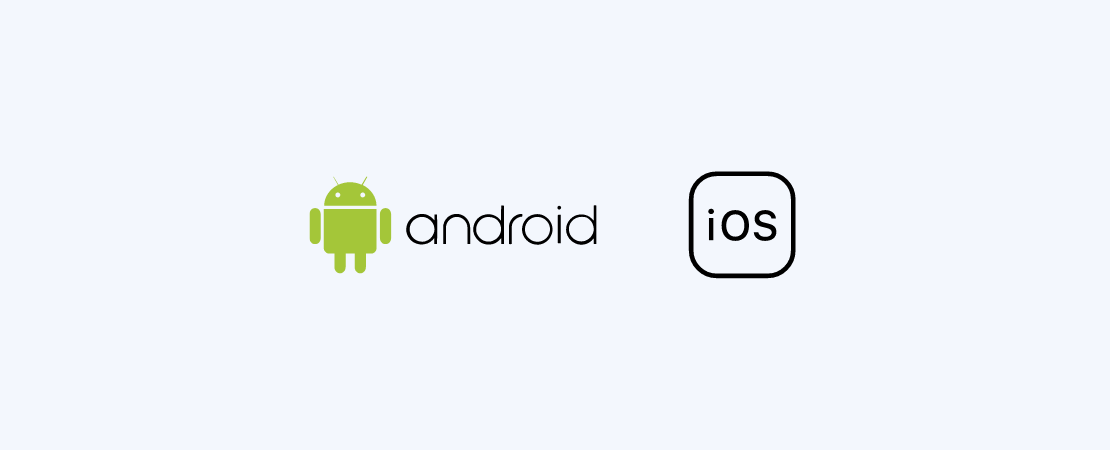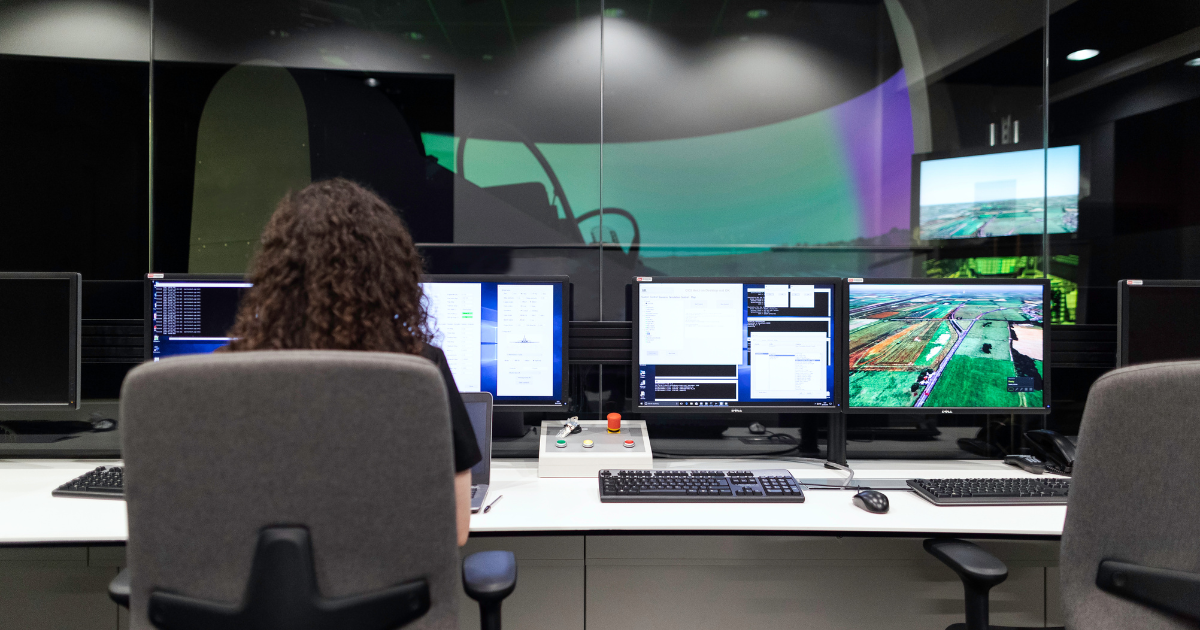iOS and Android are the two major mobile operating systems that power smartphones and tablets. While both systems are designed to perform similar functions and provide similar features, some key philosophical and technical differences set them apart. This article will explore the philosophy and differences between iOS and Android.
The first and most obvious difference between iOS and Android is the philosophy behind their design. iOS is developed and owned by Apple, and it is designed to provide a seamless and integrated experience across all Apple devices. Apple controls the entire ecosystem, including hardware, software, and app store, which results in a more closed and controlled system. On the other hand, Android is developed by Google and is open-source, meaning that other companies can use and modify the operating system. This results in a more open and customizable system with a wider range of devices and price points.
Another key difference between iOS and Android is the user interface (UI). iOS has a more minimalist and streamlined UI, focusing on simplicity and ease of use. On the other hand, Android has a more customizable UI with a wider range of options for personalization and customization.
When it comes to apps, iOS and Android have different app stores. iOS apps are exclusively available on the App Store, while Android apps are available on the Google Play Store and other third-party app stores. This can result in some apps being exclusive to one platform or the other. In terms of app quality and curation, the App Store is more selective and strict with its app approval process, while the Google Play Store has more lenient guidelines, which can result in a wider range of apps with varying quality.
Another difference is the level of control that users have over their devices. iOS devices are more locked-down and restricted, while Android devices are more open and customizable. This means that iOS users have less control over their devices and are more limited in terms of what they can do with them, while Android users have more control and can customize their devices more easily.
In terms of security, iOS and Android have their own security features and protocols. iOS is known for its strong security and is considered more secure than Android due to Apple’s strict app guidelines and the closed nature of the iOS ecosystem. However, Android has been making significant improvements in security in recent years, and it is now considered more secure than it once was.
In conclusion, iOS and Android are different in terms of their philosophy, design, and approach to mobile operating systems. iOS is a closed and controlled system focusing on simplicity and ease of use. At the same time, Android is an open and customizable system that provides a wider range of options for personalization. Both systems have their strengths and weaknesses, and the choice between them will ultimately depend on the user’s preferences and needs.



